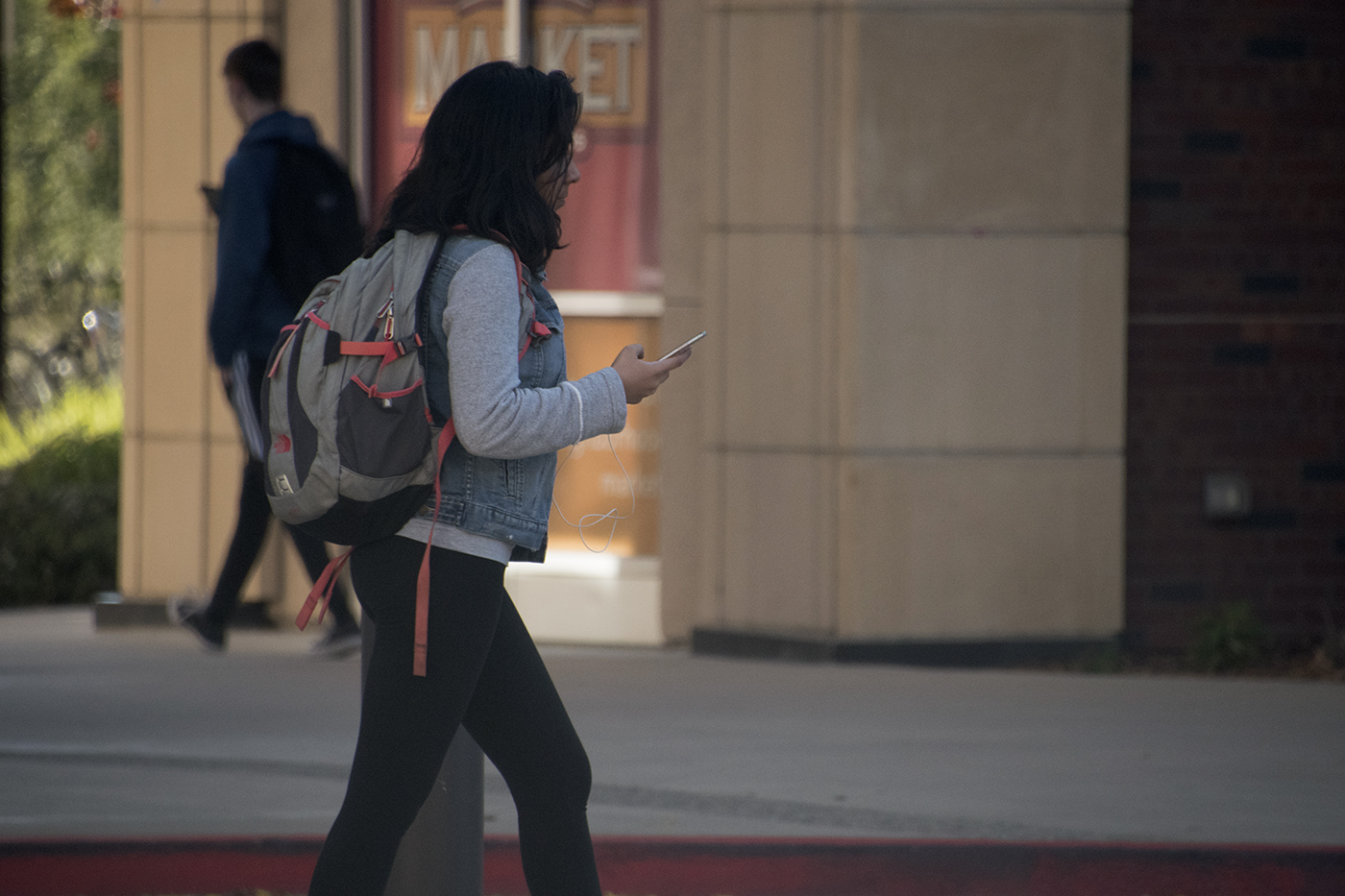U.S. Education Secretary Betsy DeVos proposed changes to Title IX, the federal law which protects against sex-based discrimination, gives defendants more rights and could reduce university liability for investigating sexual misconduct claims. The proposed changes were released Nov. 16 and the public comment period is open until Jan. 28.
Comments submitted will be reviewed by the department and may lead to revisions before the new regulations are finalized.
Here are three ways sexual misconduct reporting could change at Cal Poly and other universities if DeVos’ proposed revisions take effect.
Cal Poly will be able to decide if officials use a higher or lower evidence standard to determine guilt in sexual assault cases.
Under the Obama administration’s since-rescinded guidelines, officials were to determine if an assault occurred based on a “preponderance of evidence,” the lowest standard of proof. The new regulations would give schools the option to use a “clear and convincing evidence” standard, which is more difficult to prove. Supporters believe the Obama era guidelines threatened the due process rights of accused individuals, while opponents believe a higher standard of proof is too difficult to obtain.
Defendants accused of sexual misconduct would be guaranteed the right to have their accuser cross-examined during a live hearing.
These formal interrogations are not currently required and would be done through party advisers; no personal confrontation between the accused and accuser would be allowed. Supporters of this change believe required cross-examinations will lead to more transparent hearings. Opponents worry it will discourage sexual assault survivors from coming forward. There is also concern that universities are not qualified to turn campus hearings into court-like proceedings.
Cal Poly may not be required to respond to sexual misconduct cases that occur off campus.
The proposed changes require universities to investigate alleged sexual misconduct “within its education program or activity,” meaning on campus and at campus-sanctioned events. The revisions do not specify if off-campus cases require investigation. Opponents of the revision’s wording believe universities should be clearly required to investigate off-campus cases because most students live off campus and most reported cases occur off campus.
“Cal Poly cannot speculate on proposed changes to the regulations . . . the university will look to the CSU for its system-wide guidance on Title IX going forward,” University Spokesperson Matt Lazier wrote in an email to Mustang News.
Comments about the Title IX revisions can be submitted to the Department of Education until Jan. 28. For more information about the proposed changes and Title IX, visit a Safer Comment Awareness Booth on campus.

